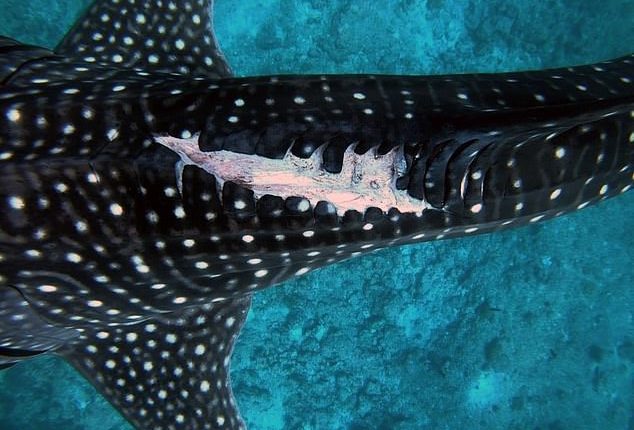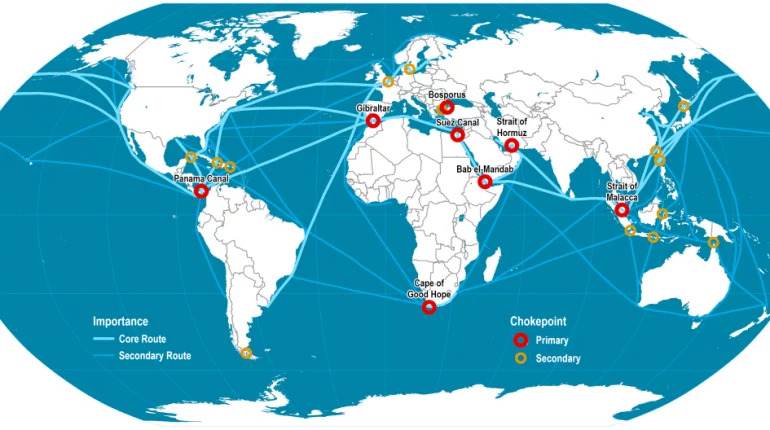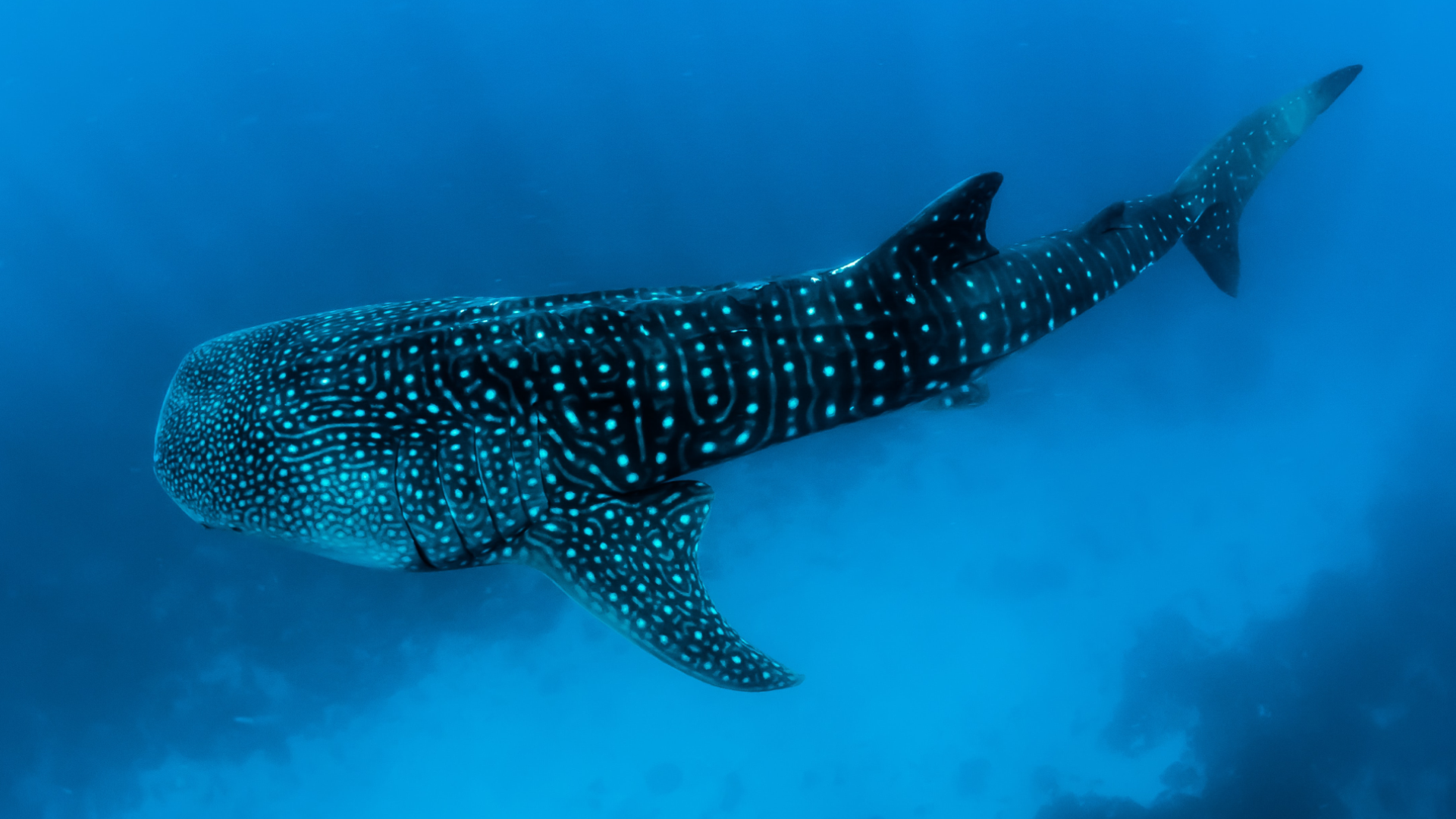It’s become clear that the ocean’s largest giants such as whale sharks (and others in similar size like basking sharks and great whales) are falling victim the ever-growing business of marine travel.
According to a new study which tagged and tracked around 350 whale sharks, over 50 scientists from 18 different countries noted this species is more likely to be killed by shipping collisions over any other cause.
It’s true that whale sharks are huge, growing to a length of up to 20 metres – but this is no match for cargo ships which are often around 300 metres long. Whale sharks were only listed as an endangered species in 2016, however populations have dwindled by 50 percent over the past 75 years.
When combining data from shipping routes and the trackers placed on whales, they found that 92 percent of the monitored whale sharks had overlapped their routes with boats large enough to cause them serious harm or death.

Not only this, but ship engines are polluting oceans with sounds that travel hundreds of kilometres and disrupt communication between animals as well as their feeding behaviours.
The world’s largest mammals – blue whales – share a similar story, having been endangered since the 1970s. But campaigns to redirect shipping routes in the busiest port of Sri Lanka to protect a unique pod of blue whales have been launched and could set a precedent for the rest of the world.
At present, numerous projects are underway to reconfigure shipping routes so that the safety of marine animals is preserved as global trade grows.
Of course, scientists acknowledge the behaviours of large marine animals could change in line with our warming planet. They say the continued monitoring of their behaviours and advances in technology will prove essential as the marine transport industry grows.
Because, let’s be honest, it’s unlikely anyone is giving up their blueberries, prawns, or avocados anytime soon – am I right?






















